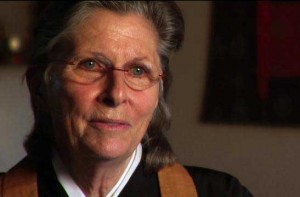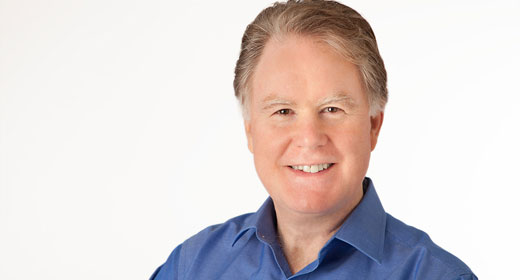by Roshi Joan Halifax: (Exercise from The Lucky Dark) In teaching care of the dying, I often begin by asking questions that explore our stories around death,  including the legacies we may have inherited from culture and family. Looking at our stories may reveal to us what we believe will happen when we are dying, and open new possibilities for us. We begin with a very direct and plain question: “What is your worst-case scenario of how you will die?” The answer to this question lurks underneath the skin of our lives, subconsciously shaping many of the choices we make about how we lead them. In this powerful practice of self-inquiry, write it all down, freely and in detail—how, when, of what, with whom, and where we’ll die. Imagine your worst-case scenario. Take about five minutes to write from your most uncensored, uncorrected state of mind, and let all the unprescribed elements of your psyche emerge as you write.
including the legacies we may have inherited from culture and family. Looking at our stories may reveal to us what we believe will happen when we are dying, and open new possibilities for us. We begin with a very direct and plain question: “What is your worst-case scenario of how you will die?” The answer to this question lurks underneath the skin of our lives, subconsciously shaping many of the choices we make about how we lead them. In this powerful practice of self-inquiry, write it all down, freely and in detail—how, when, of what, with whom, and where we’ll die. Imagine your worst-case scenario. Take about five minutes to write from your most uncensored, uncorrected state of mind, and let all the unprescribed elements of your psyche emerge as you write.
When you are finished, ask yourself how you feel, how your body feels, and what is coming up for you—and give yourself a few minutes to write down these responses as well. It is crucial at this point to practice honest self-observation. Then take another five minutes to answer a second question: “How do you really want to die?”
Again, please write about this in as much detail as possible. What is your ideal time, place, and kind of death? Who will be there with you? And a second time, when you have finished, give some attention to what is happening in your body and mind, writing these re f lections down as well. If you can, do this exercise with someone else, so you can see how different your answers are. Your worst fears may well not be shared by others, and your ideas about an ideal death may not be someone else’s. My own answers to these questions havechanged as time has passed. Years ago, I felt that the worst death would be a lingering one. Today I feel that it would be harder to die a senseless, violent death.
At a divinity school where I taught several classes on death and dying, one-third of the class answered that they wanted to die in their sleep. And in other settings where I have posed these questions, more people wanted to die alone and in peace than I would have guessed. Quite a few wanted to die in nature. Among the thousands of responses I have received to this question, only a few people said they wanted to die in a hospital, although that is in fact where most of us will die. And almost eve r yone wanted to die in some way that was fundamentally spiritual. A violent and random death was regarded as one of the worst possibilities. Dying painlessly and with spiritual support and a sense of meaning was considered to be the best of all possible worlds.
Finally, after exploring how you want to die, ask yourself a third question: “What are you willing to do to die the way you want to die?” We go through a lot to educate and train ourselves for a vocation; most of us invest a great deal of time in taking care of our bodies, and we usually devote energy to caring for our relationships. So now please ask yourself: What are you doing to prepare for the possibility of a sane and gentle death? And how can you open the possibility for the experience of deathless enlightenment at this moment and when you die?









































